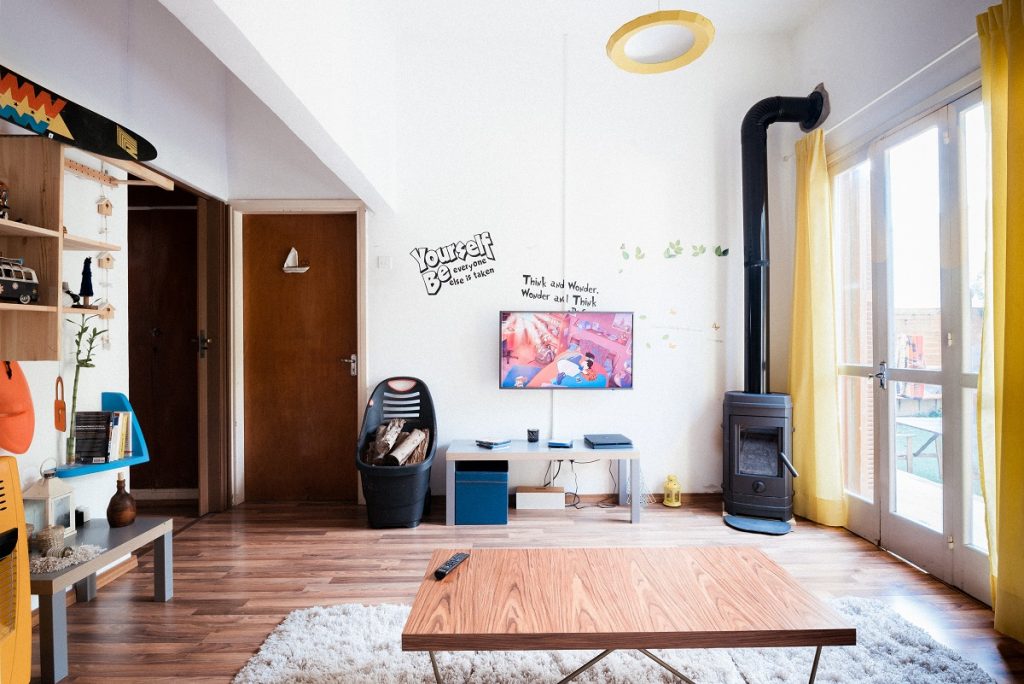Ever since Airbnb entered the accommodation scene in 2008, travelling has become easier and more accessible for people who cannot afford traditional hotel rates. This alternative lodging option is especially popular with the younger crowd, as the rental properties provide the quirky local travel experiences that they crave.
Today, there are over six million Airbnb listings worldwide, with an average of two million people staying in Airbnb-affiliated properties per night. The successful business model has created an online marketplace that brings local hosts and travellers together, with millions of amazing and unique local homes available.
According to a study published in the International Journal of Hospitality Management, Airbnb is slowly disrupting the lodging industry and decreasing the demand for hotel rooms. With such rapid growth and influence, let’s take a look at what makes the innovative platform so successful.
A ‘local’ experience
Airbnb properties are typically in the heart of local neighbourhoods, condominiums, apartment complexes, townhomes, beaches, main streets and secluded areas. These are perfect for travellers who are looking for unique and localised experiences. They crave a trip that’s authentic, and living in an actual beach house in Perth or in a granny flat in one of Melbourne’s suburbs will make them feel like they’re one of the locals.
Living among locals, understanding their culture, dining at hole-in-the-wall restaurants and walking down roads less travelled make their trip a successful, gratifying adventure.
Travel on a budget

Some travellers don’t need a fancy lobby or room service, they just need a place to crash. However, most hotels are expensive because guests are not just paying for the room – they’re also paying for staff wages, operating costs and the hotel’s branding. With Airbnb, you basically pay for more space with less money. Some hosts even offer discounts for guests who are planning on staying long-term.
Airbnb hosts are also more flexible with policies on occupancy. In most hotels, they require you to book two rooms or a suite if you’re travelling with more than two people. Airbnb offers you the opportunity to rent an entire property and pay per night, rather than per person. This makes it budget-friendlier, especially for people travelling in big groups.
Amenities
The Airbnb may not have the same hotel niceties such as a free breakfast buffet, but travellers do benefit from being a guest in someone’s home rather than a customer in a hotelier’s corporate brand. Most Airbnb rentals have free Wi-Fi, complimentary fruits, toiletries, bottled water and a kitchen!
For travellers who prefer to cook their own meals, the kitchen is a welcome inclusion. It provides a great way to save money, as well as a chance to enjoy a local culinary experience. Guests can head over to the local market and stock up on the locality’s fresh produce, gathering home-grown recipes from the shopkeepers, and cook their meals in the comfort of their own accommodation.
Some Airbnb properties also have a washer and a dryer. This is convenient for families or individuals who don’t want to bring home a large pile of dirty laundry.
In today’s modern world, the possibilities for travel and accommodation are endless. The next time you book a plane ticket to somewhere, don’t head straightaway for the hotels. Wherever your next holiday destination is, you are sure to find a whole range of Airbnb rentals that offer a one-of-a-kind living experience.






